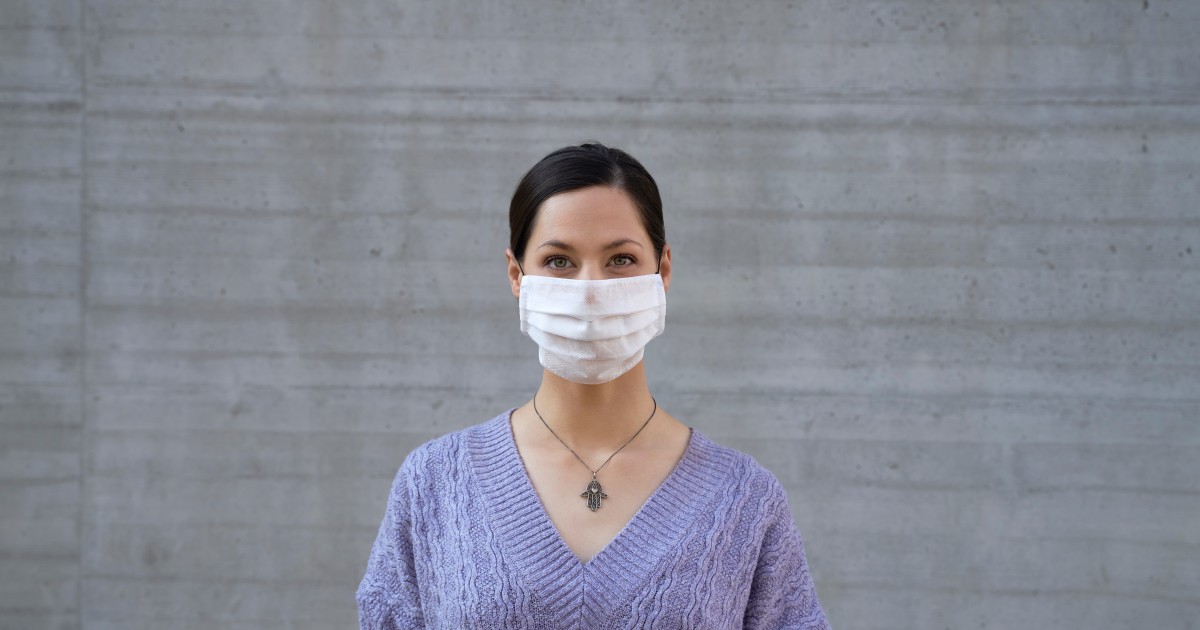
How Much Can Registered Nurses Earn in 2023?
A lot of factors come into play. Think: demand, specialization, [...]
While every nurse has a different reason for choosing their career and specialization, categorizing all nurses as highly skilled medical professionals is accurate. They must complete a nursing certification program, which may involve a bachelor’s or in the case of nurse practitioners, a minimum of a master’s degree. Many complete their Ph.D. in nursing and go on to advance the science of nursing through cutting-edge research. Others opt for a Doctor of Nursing Practice (DNP) degree to perform the highest level of nursing practice and translate research into quality patient care.
No matter the role, opting for a nursing career means deciding on a path of lifelong learning, whether it includes ongoing professional development or self-motivated personal education. It’s an occupation in which every day is different and things rarely get dull. Still, given the things nurses become exposed to—life and death, weird family dynamics, grief, and every type of bodily fluid—often make it difficult for them to relate to professionals outside of their field.
While many people have a basic understanding of the occupation, certain aspects of nursing aren’t exactly on public display. In the worst moments, some nurses find themselves wishing they’d become a florist, a teacher, a broker, anything to avoid the mountain of responsibility that comes with the profession. Still, so many stick with it, often because their job isn’t a job at all, but a calling in which they’re united with their colleagues to ease pain, suffering, and loss. That, and they can take comfort in knowing that any nurse can not only understand the distinct experiences that tend to come up at work, but wholeheartedly relate to them.
Nurses who work longer shifts may appreciate a greater number of days off in. Still, they face challenges in an extended day’s work, including concerns over patient safety and quality of care. A 2013 survey from the School of Nursing at the University of Pennsylvania of over 22,000 registered nurses indicates that those working shifts of ten hours or longer are more likely to report poor quality of care and a lack of patient safety than nurses working eight to nine hours.
It’s not just patients who deal with the effects of longer shifts, but nurses too. According to a 2012 study concluded that nurses whom reported working 12-hour shifts or overtime face increased odds of burnout, job dissatisfaction, and intent to leave.
It’s not unheard of for nurses to rush in and out of patients’ rooms and address their coworkers as quickly and directly as possible. The truth is, they’re trying to keep their caseload from overflowing. Not to mention, they’re required to act as a caregiver, communicator, and a teacher all in one. The next time you see a nurse running around a hospital, clinic, or any healthcare setting, remember that they worked hard to get where they are—and they’ll stop at nothing to make sure all of their patients receive the care they need.
Nurses work some of the longest shifts in any industry, much of which covers extensive time their feet. When a patient’s life hangs in the balance, the last thing a nurse needs to worry about is the throbbing ache and pain in her feet, let alone their knees and back.
Here’s where footwear comes into play, with nurses sporting hiking shoes to absorb the impact of walking on concrete for many miles per week and compression socks to keep blood from pooling in the legs and feet and, ultimately, prevent swelling. Running shoes can follow a trend, but the style is designed to last 400 or 500 miles, which means many nurses would need to replace them after only seven to nine weeks.
Did we mention Dansko clogs? A nursing cult favorite, known for its bulbous toe, boxy fit, swollen cuff, and slightly curved outsole. Think: What Dutch farmers would wear when facing workplace situations that would make the average person squirm.
Nurses will tell you time and time again that some of the best nurses and nursing leaders are highly effective listeners. In a complicated or distressing situation like severe illness, nurses are guides who explain diagnoses in an empathetic and understandable way. They remember the names of patients and details of their lives, and also their goals for their quality of life and health outcomes. They gain their trust and learn their concerns and fears. They do this to develop an effective plan of care based on a deep understanding of patients’ mental and physical states.
In a 2018 report from the Beryl Institute on what patients feel is the most crucial aspect of their care experience, consumers indicate that human interaction is most important, followed by the processes they encounter and the setting in which they receive care.
Nurses that don’t make time for active listening pose real risks, like mistakenly providing ineffective or undesired treatment or missing pertinent information. Shockingly still, a 2006 study by the Clinical Biochemist Review notes that “In a retrospective review of 14,000 in-hospital deaths, communication errors were found to be the lead cause, twice as frequent as errors due to inadequate clinical skill.”
They understand that WebMD says you’re going deaf, but really? It’s definitely an ear infection.
While it’s a nurse’s job to care for patients, even the tiniest bit of appreciation can mean so much. They’ll tell you that there’s no better feeling than when a former patient returns their unit to say thank you. Even receiving a letter of appreciation or a card from a patient expressing gratitude is a rare and generous act of kindness that they often treasure for years to come. Better still, they serve as constant reminders of why they entered the nursing professio in in the first place.
It’s easy for patients to feel too embarrassed to tell the truth or fear judgment when disclosing personal information that even close friends and family wouldn’t know. In some cases, they want to avoid criticism for not complying with a treatment plan. Other patients lie to detract from the severity of their illnesses. No matter what their reasons are, it’s a nurse’s job to ensure patient safety—and in many cases, confront patients directly.
Nurses deal with smells of all varieties—vomit, infection, body odor, and c-diff are everyday occurrences. Many nurses eventually get used to not-so-savory scents, while others continue to struggle. Overall, they do their best to maintain their patients’ dignity, which in many cases, finds them slathering Vicks VapoRub between two masks. Others use it to massage onto sore legs and feet after a long shift. The desperate ones dab it beneath their eyes to bring out the waterworks—and impress their coworkers with their on-command crying skills.
It’s no secret that nursing is a physically, mentally, and emotionally taxing career. While doctors and other healthcare providers also deal with exposure to loss and suffering, nurses tend to be more susceptible to the lasting impact of trauma due to the continuously close proximity of their care.
As simple as it seems, humor is an integral part of coping with the adversity of the field. Wanting to bring laughter into the severe nature of nursing may sound unprofessional but when situationally appropriate, it can foster positive feelings and encourage emotional connections between nurses and their patients and colleagues.
The most seasoned nurses know that If you don’t notice the humor in everyday nursing, you’re not looking very hard. And if laughter and smiles aren’t part of every shift, you’re missing an opportunity to improve your health and work life.
(Updated on February 9, 2024)
Questions or feedback? Email editor@noodle.com

A lot of factors come into play. Think: demand, specialization, [...]

Students in HBCU DPT programs often find their schools are [...]

Of all the challenges that come with getting started in [...]

As technology use in hospitals, clinics, and private practice expands, [...]

If you see yourself in the nursing industry or aspire [...]
Categorized as: Advanced Practice Nursing, Nursing & Healthcare